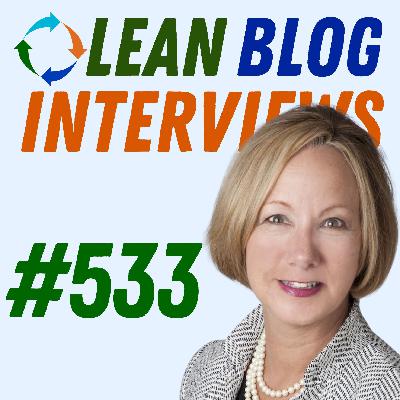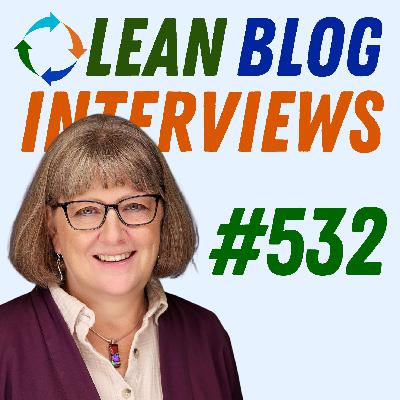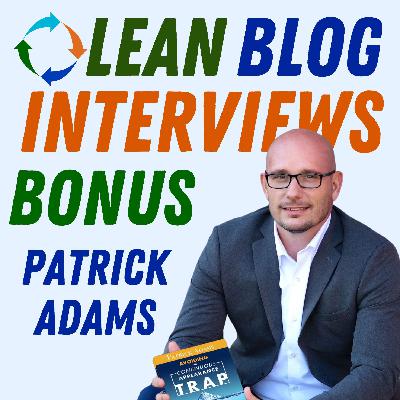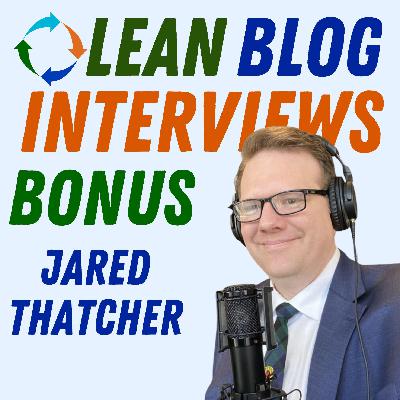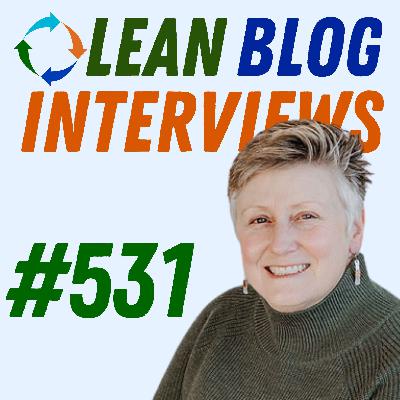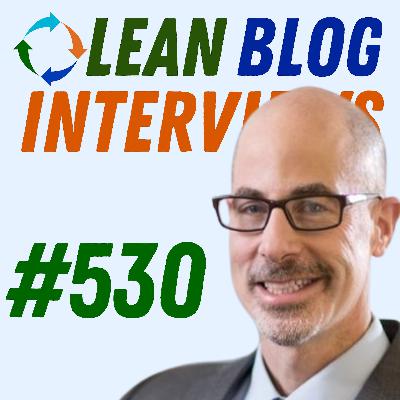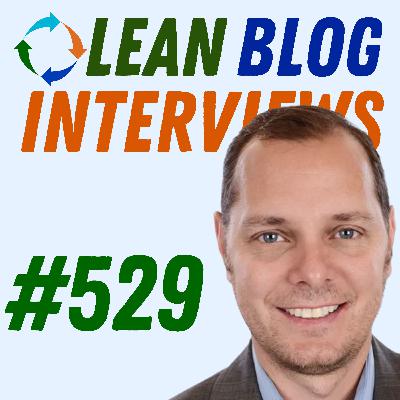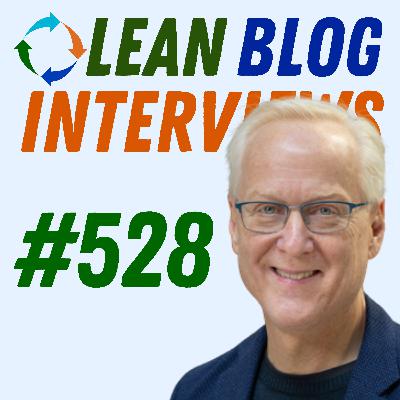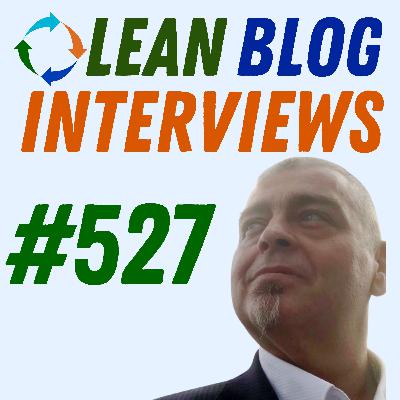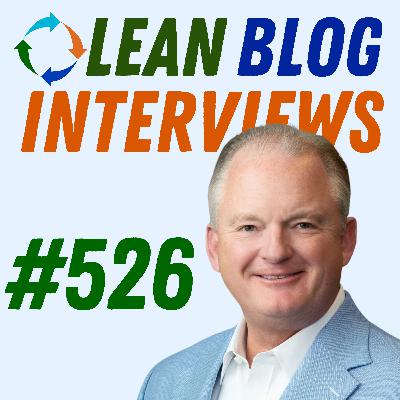My guest for Episode #528 of the Lean Blog Interviews Podcast is Mark Reich, a Senior Lean Coach with the Lean Enterprise Institute and former Toyota leader with over two decades of experience.
Episode page with video, transcript, and more
Mark spent six years working in Japan, including helping launch the Lexus brand and later leading Hoshin Kanri strategy processes during Toyota's rapid growth in North America. He also played a pivotal role at the Toyota Supplier Support Center (TSSC), helping bring the Toyota Production System to manufacturing, healthcare, and nonprofit organizations. In our conversation, we dive into his career journey, his approach to Lean leadership, and the practical lessons behind his new book, Managing on Purpose: Using Hoshin Kanri to Develop Strategy, Align Teams, Grow Leaders, and Innovate Your Enterprise.
You can get a 25% discount on the book via LEI using the code LBIPODCAST25.
Mark shares compelling stories from his early days at Toyota, including working on the front lines of assembly, learning by doing, and his first experience pulling the andon cord. These moments shaped his appreciation for Toyota's deep respect for frontline work and its commitment to developing people. He reflects on how Toyota embeds learning and support into problem solving, where pulling the cord is seen as a learning opportunity, not a failure. That mindset became foundational for his later work, especially when managing enterprise-wide strategy through Hoshin Kanri.
We also explore what Hoshin Kanri really is--and what it isn't. Mark challenges the overemphasis on tools like the X-matrix and instead advocates for focusing on purpose, alignment, and leadership behavior. He explains how strategy deployment at Toyota was never a one-way cascade, but a dialogue grounded in humility, curiosity, and shared responsibility. Whether you're new to Hoshin or struggling to sustain it, Mark offers insights that can help any leader make strategy a living, breathing part of organizational culture.
Questions, Notes, and Highlights:
How did you end up working for Toyota, and what led you to Japan?
What was your educational background, and did you already speak Japanese before moving there?
What was your initial role at Toyota, and how did it relate to their global expansion?
Did you meet or work with John Shook during your time in Japan?
How did Toyota develop you into an industrial engineer despite your background in English writing?
What was it like working in a Toyota plant, and what did you learn from that experience?
Did you experience any early mistakes or learning moments while working the line?
How did your role evolve after leaving Japan, and how did you get involved with Hoshin Kanri in North America?
What challenges was Toyota North America facing that made Hoshin Kanri so essential?
How did you facilitate alignment and catchball between Toyota's plants and leadership teams?
How do you define Hoshin, strategy, and Hoshin Kanri?
Why do you prefer not to use the term "strategy deployment," and what's the issue with top-down-only thinking?
How do you coach executives to embrace catchball and bottom-up engagement?
How do you balance executive direction with frontline input in strategy development?
What role does psychological safety play in making Hoshin Kanri work?
How does A3 problem solving fit into the Hoshin process, and how does it help build capability?
Why is it important for executives to practice PDCA and engage in direct problem solving?
What's the difference between long-cycle and short-cycle PDCA, and how should leaders manage both?
Why does it take most organizations a couple of years to fully embed Hoshin Kanri?
What lessons do companies learn when they start with too many strategic initiatives?
Why did you choose not to include the X-matrix in your book, and what are your thoughts on its use?
What business problems does Hoshin Kanri best help organizations solve?
How can Hoshin Kanri help clarify the distinction between daily management and long-term strategic work
This podcast is part of the #LeanCommunicators network.













